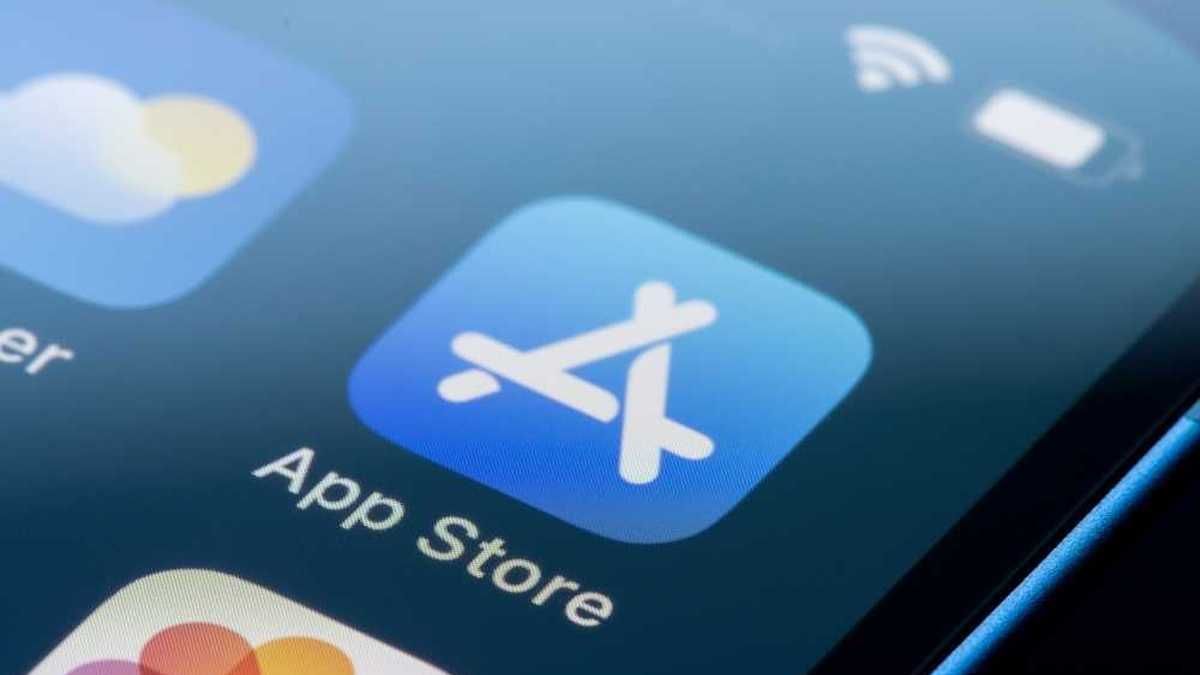European Commission Targets Apple in Digital Markets Act Enforcement Action
Megan Kirkwood / Jun 25, 2024
Shutterstock
Yesterday, the European Commission announced its latest enforcement decision regarding the Digital Markets Act (DMA). The announcement came during the European Competition Network—Digital Markets Act Conference, a conference meeting to discuss the new law's challenges and opportunities, with a special focus on industry and the opportunity to make digital markets more contestable.
In its preliminary findings, the Commission found that Apple’s App Store rules breach requirements under the DMA, as app developers cannot freely inform consumers of alternative channels for offers and content. Additionally, the Commission has opened a new non-compliance investigation against Apple over its new EU alternative app store requirements for third-party app developers and app stores, including Apple's controversial “Core Technology Fee,” as the Commission finds it “fall[s] short of ensuring effective compliance with Apple's obligations under the DMA.”
These preliminary findings are the latest in the ongoing drama between Apple and competition regulators. In March this year, the Commission issued the record-breaking €1.8 billion fine to Apple over anticompetitive app store rules for music streaming providers, and in the US, the Department of Justice and 16 state attorneys general sued Apple for anticompetitive restrictions that keep consumers within the Apple ecosystem.
The Commission’s enforcement will make Apple the first of the DMA gatekeepers to face DMA charges. Though Apple has a chance to defend its practices, the findings indicate Apple is likely to face large non-compliance fines. However, because these findings are still preliminary, Apple can attempt to avoid formal charges by changing its offending policies.
The Commission’s Preliminary Findings
The Commission’s preliminary findings follow a non-compliance investigation against Apple, which opened on March 25, 2024. The investigation looked into whether developers can freely communicate and promote offers, whether users can easily uninstall pre-downloaded apps, change default settings on Apple’s operating systems, and whether Apple’s choice screens effectively allowed users to change defaults.
Article 5(4) of the DMA states that gatekeepers must allow app developers to steer consumers to offers outside the gatekeepers' app store, free of charge. These offers might be a digital service offering a lower fee subscription if bought directly from the developer's website rather than through Apple’s App Store. Apple has adamantly fought against such steering; for example, Epic Games Inc., maker of the popular game Fortnite, had its developer account revoked in 2020 after the company attempted to create a separate payment system from Apple’s in-house payment system.
However, Apple, under the DMA, must now allow developers to steer users outside the Apple ecosystem. To meet compliance, Apple introduced its Alternative Terms Addendum for Apps in the EU, allowing developers to distribute web apps straight from their own websites, use alternative payment processing through link-outs, offer alternative app marketplaces, and allow users to sideload their apps.
For developers, the alternative terms are not particularly attractive. Beyond being subject to app notarization, Apple only approves developers if they are enrolled in the Apple Developer Program for at least two continuous years and have an app with more than one million first annual installs on iOS in the EU in the prior calendar year. A developer will also be subject to the Core Technology Fee, a fee of €0.50 for each first annual install over one million in the past 12 months, only charged if the developer earns more than 10 million euros in global business revenue. The fee essentially prevents apps from becoming successful without potentially incurring vast fees.
The Commission found in its preliminary report that “developers cannot provide pricing information within the app or communicate in any other way with their customers to promote offers available on alternative distribution channels.” This restriction is likely because Apple only allows developers to link out rather than offer deals within an app. For example, Apple will now allow music streaming apps to send their customers a link via email, which will send them to the music app's website. However, Apple still intends to charge a commission of 27% on app sales, which clearly does not meet Article 5(4) of the DMA.
The Commission writes that the “link-out process is subject to several restrictions imposed by Apple that prevent app developers from communicating, promoting offers and concluding contracts through the distribution channel of their choice.” For an example of the restrictions alluded to here, if developers decide to use other payment methods than Apple’s in-app purchase system, or when apps link out to the developer webpage, apps will display what have been dubbed “scare screens” designed by Apple, which warn the user they are leaving the Apple ecosystem and may have their privacy and security compromised. Linkouts also incur a fee of up to 17%, which the Commission has stated is “beyond what is strictly necessary for such remuneration.” The Commission, therefore, finds that Apple is not meeting mandates to allow developers to freely communicate offers and deals.
New non-compliance investigation into Apple's contract terms
The Commission also announced the intention to investigate whether these new contractual requirements for third-party app developers and app stores breach Article 6(4) of the DMA and, notably, the necessity and proportionality requirements of that provision. Article 6(4) requires the gatekeeper to allow the installation of third-party app stores. The provision does enable the gatekeeper to take necessary and proportionate measures to ensure that third-party apps and app stores do not endanger the integrity of the hardware or operating system provided by the gatekeeper. However, the Commission’s investigation is signaling that Apple is going far beyond what is “strictly necessary and proportionate.”
The Commission’s investigation will evaluate Apple's Core Technology Fee, considering “whether Apple has demonstrated that the fee structure that it has imposed, as part of the new business terms, and in particular the Core Technology Fee, effectively complies with the DMA.” The Commission may conclude that, as in the preliminary findings above, the fees are too high.
The investigation will also examine the overly cumbersome “multi-step user journey to download and install alternative app stores or apps on iPhones.” Specifically, the Commission may take issue with the scare screens described above, and the variety of steps users must take to download third-party app stores, particularly the one that involves approving the developer in the iPhone settings and approving a number of prompts.
The Commission will further investigate the “eligibility requirements for developers related to the ability to offer alternative app stores or directly distribute apps from the web on iPhones.” To distribute alternative app marketplaces, Apple requires either a standby letter of credit from an A-rated financial institution in the amount of €1,000,000 or “be a member of good standing in the Apple Developer Program for two (2) continuous years or more, and have an Application that had more than one (1) million First Annual Installs on iOS and/or iPadOS in the EU in the prior calendar year.” The Commission will consider whether these terms are fair in respecting Apple’s right to defend its product’s security or if they are excessive and go against the core principle of contestability.
Next steps
The preliminary findings explain the measures that the Commission is considering taking and the measures that the gatekeeper should take to effectively address the Commission's concerns. Apple now has a chance to respond to the Commission's preliminary findings. Adam Satariano and Tripp Mickle write for the New York Times that Apple has “defended its practices, saying that its rules and fees were a fair trade for providing such a large platform to reach consumers.” Therefore, it is questionable whether Apple will be willing to change its policies or how far any such change might go.
If the Commission’s findings are confirmed, it can adopt a non-compliance decision within 12 months from the opening of proceedings in March this year. Gatekeepers who are found to be non-complying can appeal to the EU’s General Court in Luxembourg and the Court of Justice. If the gatekeeper wins, the fines and non-compliance decisions are scrapped; however, if the gatekeeper loses, they will likely face significant financial penalties.
If Apple is found to be infringing the DMA, the Commission can impose fines of up to 10% of the gatekeeper's total worldwide turnover or 20% in case of repeated infringements. In a rare case that a gatekeeper is found to systematically infringe the law, the Commission can incur structural remedies such as obliging a gatekeeper to sell parts of, or all of, its business.
Authors
